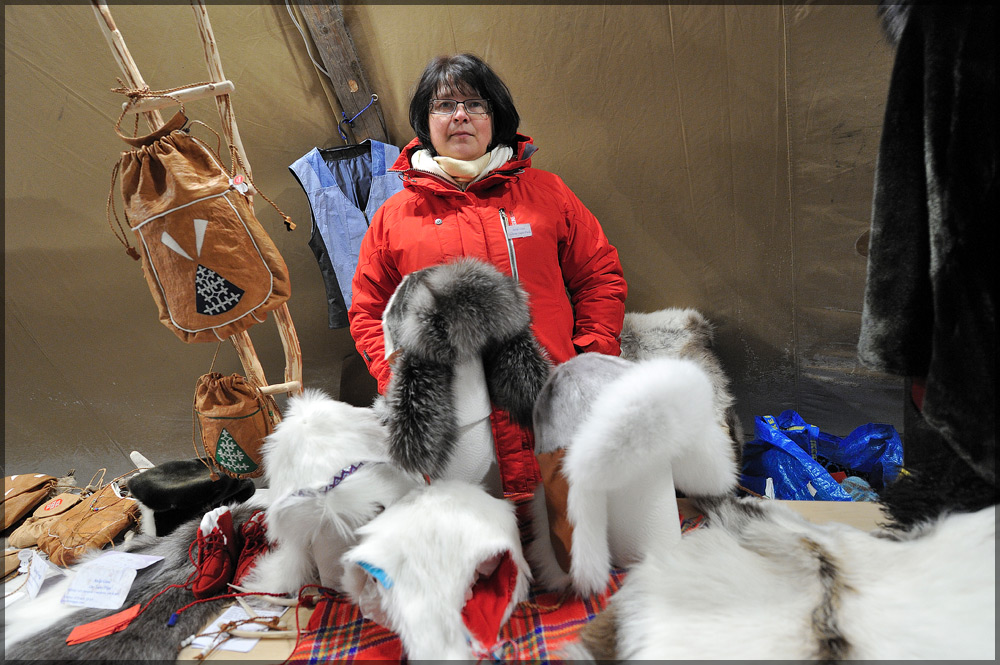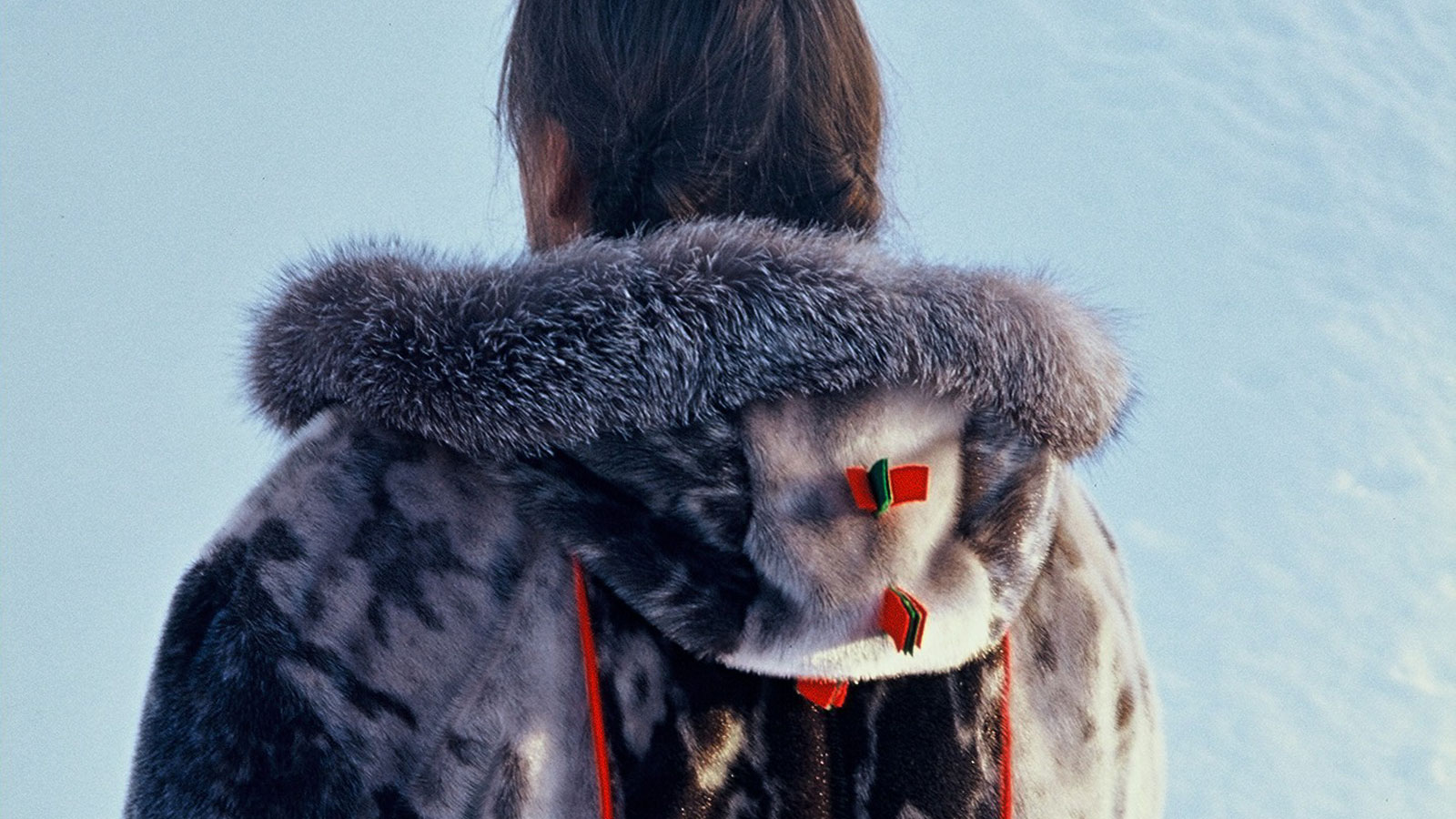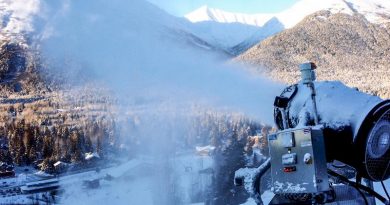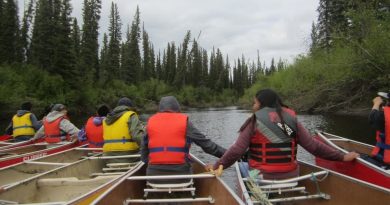European Sealskin Ban Affects Sámi Handicraft Workers

Since the EU ban of last year, it is forbidden to buy and sell most sealskin products in Sweden. This affects Sámi handicrafts.
“Prices have almost doubled, as we must import sealskin from Greenland,” says Sámi handicraft seamstress Lise Tapio Pittja.
Is this a reason why there has been less demand?
“I don’t believe so, it is more that people think it is not possible to get hold of sealskin clothes or other seal products now. People in general now feel that the ban prevents one placing an order,” says Tapio Pittja.
The EU ban does not concern sealskin products that are obtained by Inuit natives hunting for their livelihood. But the Inuit seal hunters have shown that this exception is meaningless, since the ban has caused the collapse of the seal market in general, and they are now finding it difficult to make a living.

The skin of the seal is highly appreciated for its properties as a repellent against extreme cold. Therefore pupils at the Sámi school of handicraft in Jokkmokk in northern Sweden are usually very keen to work with it.
Margot Blind Valkeapää, teacher at the school, reports a feeling of uncertainty there, as it will be difficult to obtain sealskins and they will be considerably more expensive to buy.
The decision of the European Parliament was preceded by a strong lobbying campaign from the animal-rights organisations who oppose the commercial hunting of seals.
Lise Tapio Pittja says while she can understand the views of the animal rights organizations, she would also like to educate them about the living conditions of the indigenous populations in the north.
“I understand that animals must not be tortured or even hurt, and must live free and happy lives. But I would like to invite vegans to take part in a working day at minus 37 degrees, in clothes not made of skins or fur. They would not survive very long,” says Tapio Pittja.
The Swedish government has recently submitted a suggestion for adapting the EU regulations concerning the ban on trade in sealskin products.
See also video: Seal Ban: The Inuit Impact



